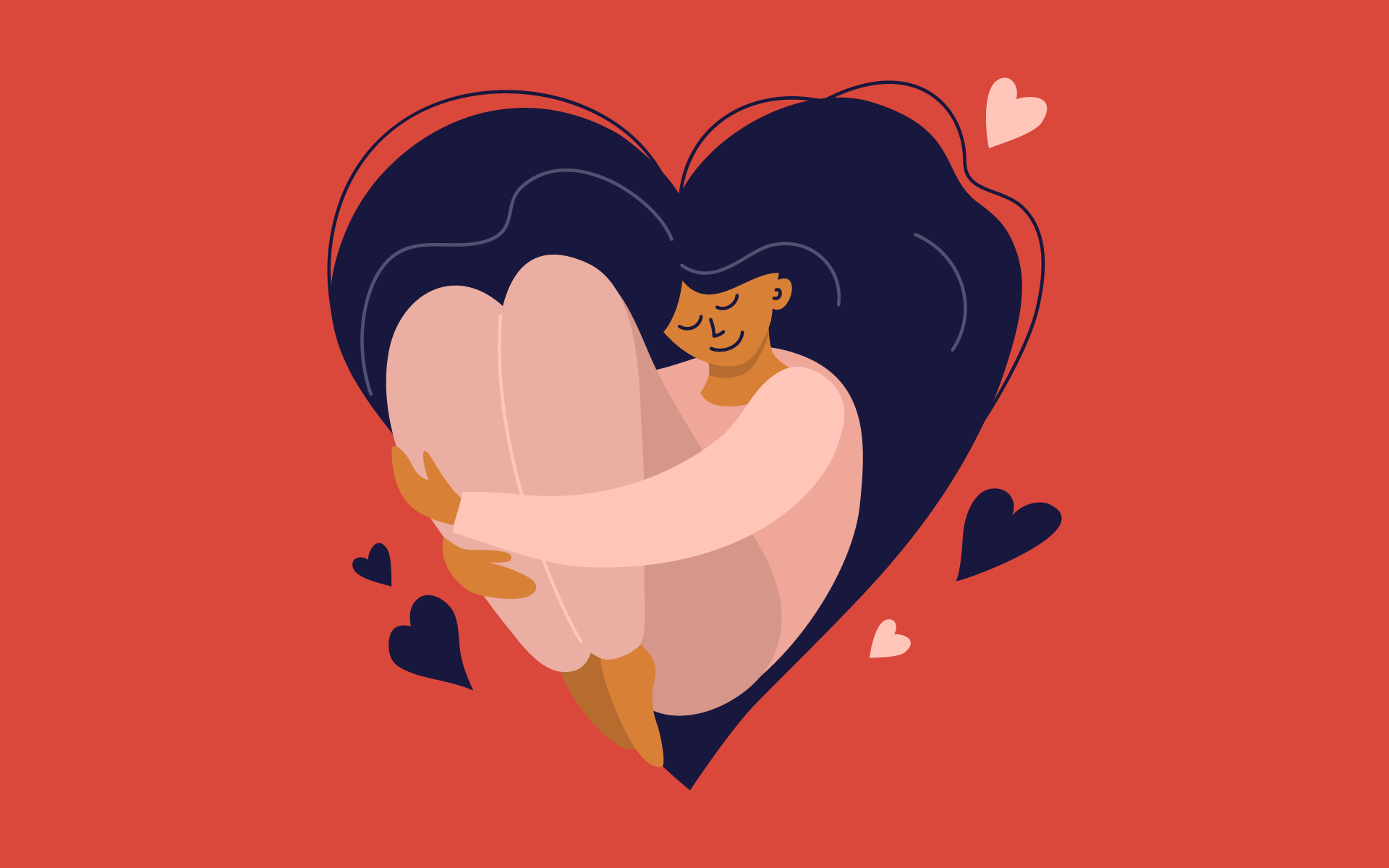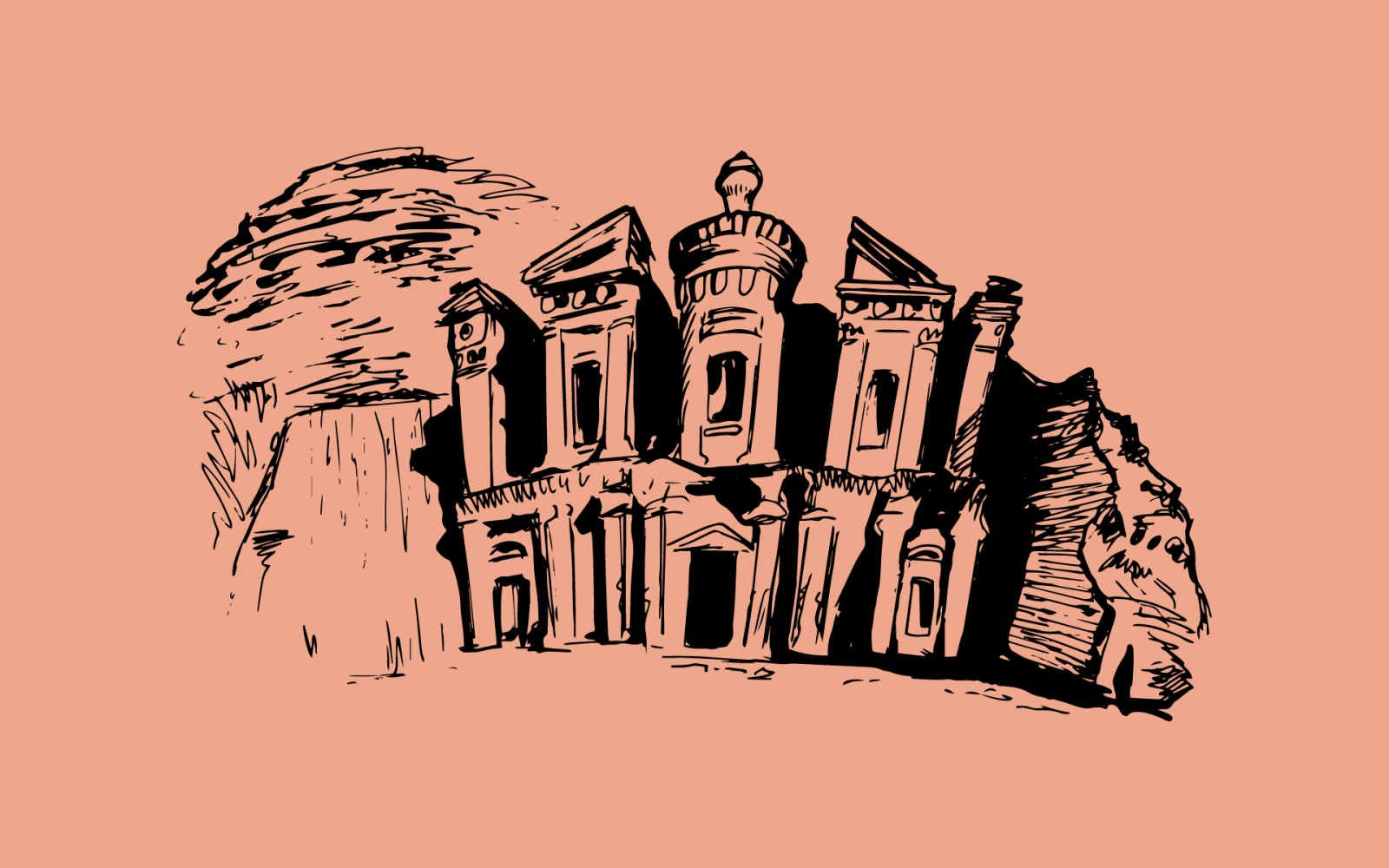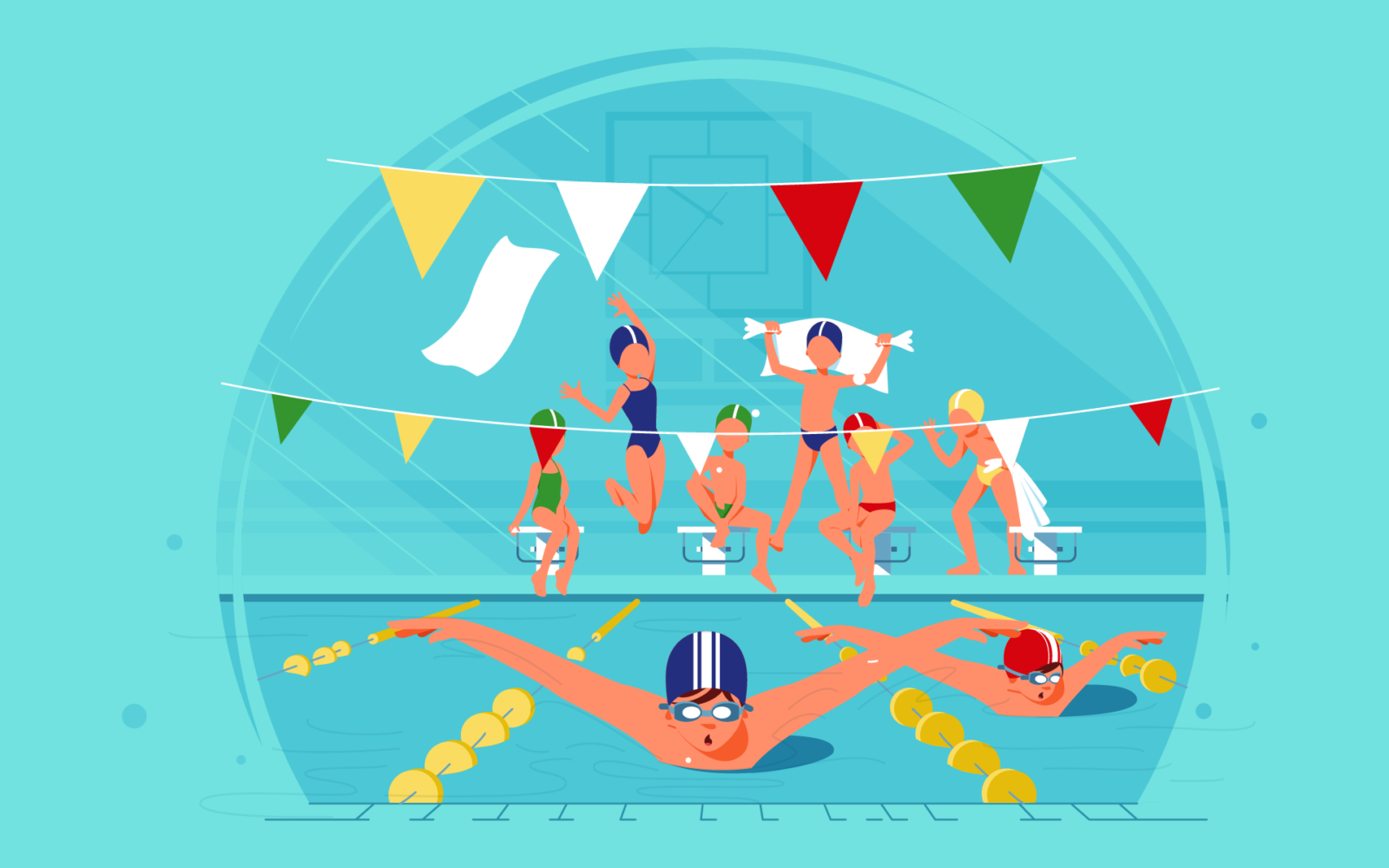The healing, magical power of dancing with myself

How I rediscovered love and joy after years of abuse.
In my early 30s, I was in an abusive, controlling relationship. The flat we shared had a tranquil view of lawns sloping down to a rocky stream, but a battle raged between the walls.
For eight years, my partner dragged me around by my hair, punched my skull, and spat on me.
He took a hammer to my grandmother’s imbuia cupboard, kicked in the lead glass panes of a bookshelf, and scrawled insults in black on the white paint of our cupboards.
I lost so much of myself, lied to my mother and best friend about how bad things were, and couldn’t think clearly or make decisions, even silly ones like which mug to buy: blue or white.
This morning, as he has done every morning for the past 15 years, my husband brought me tea in bed. Our 12-year-old son buzzed into our room with version Number 3,146 of his Christmas wish list.
I am turning 55 in a month. On most days, I am happy in my skin and my life. This sounds like a simple Before and After story. But it’s not.
We like to think of healing as an upward trajectory from Then to Happily Ever After. It’s messier than that. It’s more of a dance than a graph, a messy squiggle rather than a straight line.
When my memoir on surviving domestic abuse was published, many asked, “How did you find the ability to love again?”
The answer was that I needed to fall in love with myself first — my messy, unhealed self.
When I finally extricated myself from the violence and gaslighting, I was beset by nightmares, waking up with my heart racing. For months, I couldn’t drag myself out of bed.
My headspace felt like a war zone. On the one side, a barrage of accusations: It was all your fault. You brought this out in him. He was just desperate.
On the other side, a barrier of defences: What I felt was real. He was cruel. I would never have treated someone like he treated me.
Torn apart from within, I turned to my mother and my best friend, and I told them the truth. He did this, he said that, he broke stuff, he hurt me here, and here.
Their shock, disbelief, and anger reinforced me. As the truth of my experience shone through, my doubts quietened.
Time passed, the numbness wore off, and I began to listen to my body. I cried when I needed to, ate when hungry, and slept when tired. Each act of self-care felt like a revolutionary choice.
I spent days and nights in solitude, looking at the river winding its way past the birch trees. It felt as necessary as breathing.
I recalled the powerful magic of dance. At night, I lit candles and danced with my flickering shadow on the wall. Later, I discovered Biodanza, a form of movement medicine.
With strangers who became dear friends, I learned to trust my own rhythm. I learned to surrender to the rhythm of others without losing myself.
I realised I needed to reclaim the pleasure of a healing touch from a man. So I booked a couple of massages.
As the therapist’s hands glided over my skin, my body unclenched. My vigilance faded as he kneaded the knots in my back.
I was loving being solo. I had no particular desire to meet anyone significant. But as the months turned into a year, I dipped a toe in the dating pool.
I chatted online with various matches. I began to trust my ability to read people once again.
My first date in 10 years terrified me. I sat frozen in the parking lot, trying to summon the courage to get out of the car. He turned out to be 10 years older than his profile pic, with a badly fitted toupee.
He told me, with what he thought was boyish charm, that he was looking for a mother for his four kids.
Eventually, I met a kind-faced, self-deprecating guy who was happy in his skin. Now we are married and have a son. I have learned that loving someone and being loved can be easy and life-giving.
This doesn’t mean we don’t argue. When we miscommunicate or get on each other’s nerves, we take care of ourselves and each other. We walk away from resentment to reach common ground.
As I take part in the dance of life, sometimes missing a beat, often tripping over my feet, always with my own precious self as a partner, my healing continues.




